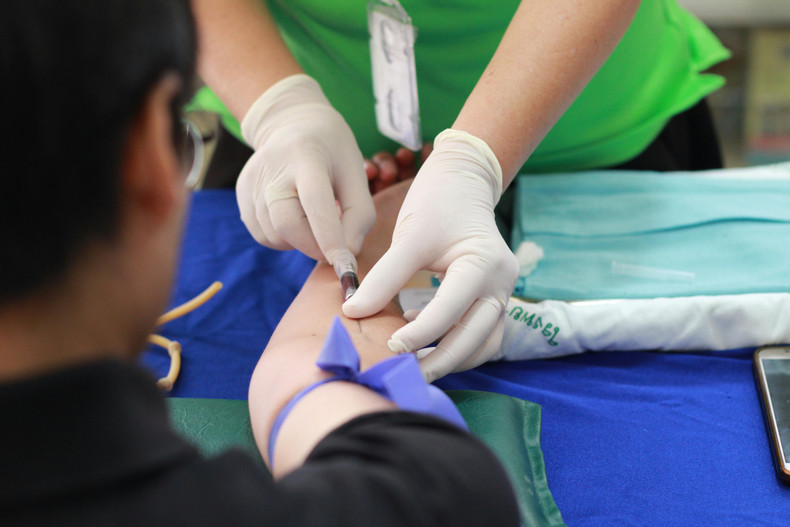How Syringes Are Essential to Public Health Success
Syringes, often seen as simple medical tools, play a critical role in global health. From routine vaccinations to life-saving treatments, syringes are indispensable in the fight against numerous diseases.
Vaccination Campaigns:
One of the most significant contributions of syringes to global health is their use in vaccination campaigns. Vaccines have eradicated or controlled many infectious diseases, such as smallpox, polio, and measles. Syringes ensure that vaccines are delivered safely and effectively, reaching millions of people each year.
- Case Study: Polio Eradication – The global effort to eradicate polio relies heavily on the use of syringes. According to the World Health Organization (WHO), polio cases have decreased by over 99% since 1988, thanks to widespread immunization campaigns.
- COVID-19 Vaccination Drive – The recent COVID-19 pandemic underscored the importance of syringes in administering vaccines swiftly and efficiently to curb the spread of the virus.
Disease Treatment:
Beyond vaccinations, syringes are crucial for administering medications for various diseases, including diabetes, HIV/AIDS, and tuberculosis. Insulin syringes, for instance, are vital for diabetes management, enabling millions of people to maintain their health and quality of life.
- HIV/AIDS Management – Antiretroviral therapy (ART) for HIV/AIDS often requires the use of syringes for drug administration. This has significantly improved the lifespan and quality of life for those living with HIV.
- Tuberculosis Treatment – Intramuscular injections are sometimes necessary for tuberculosis patients, especially those with drug-resistant strains, ensuring they receive the correct dosage of medication.
Public Health Initiatives:
Syringes are also integral to various public health initiatives, including harm reduction programs and reproductive health services.
- Harm Reduction Programs – Needle exchange programs provide clean syringes to people who inject drugs, reducing the transmission of blood-borne infections like HIV and hepatitis C. These programs have proven effective in numerous countries, saving countless lives.
- Reproductive Health – Syringes are used in various reproductive health services, from administering contraceptive injections to fertility treatments, supporting individuals in managing their reproductive health.
Environmental Considerations:
While syringes are indispensable, their environmental impact is a growing concern. The improper disposal of syringes can lead to environmental pollution and pose health risks to the public.
- Safe Disposal Practices – Implementing safe disposal practices, such as using sharps containers and participating in take-back programs, is crucial to mitigate environmental hazards.
- Sustainable Alternatives – Research into biodegradable and reusable syringes is ongoing, aiming to reduce the environmental footprint of medical waste.
Syringes are more than just medical tools; they are lifelines that contribute significantly to global health. From preventing diseases through vaccination to treating chronic conditions and supporting public health initiatives, syringes play a vital role in saving lives and improving health outcomes worldwide. As technology advances, continued innovation and sustainable practices will ensure that syringes remain a cornerstone of global health efforts.

